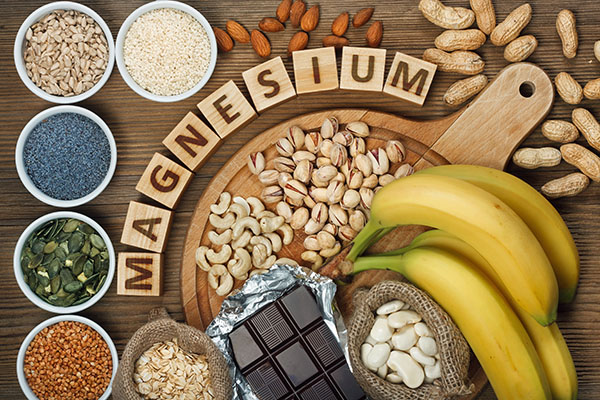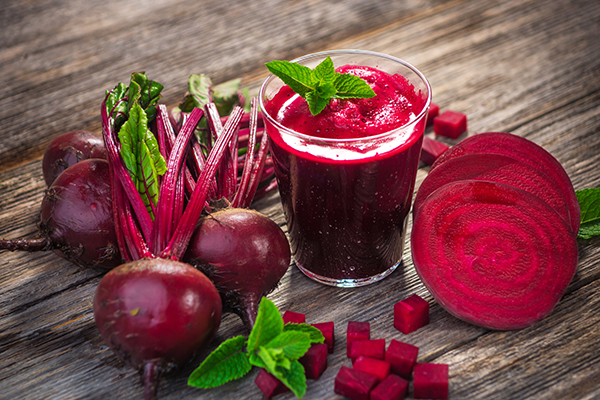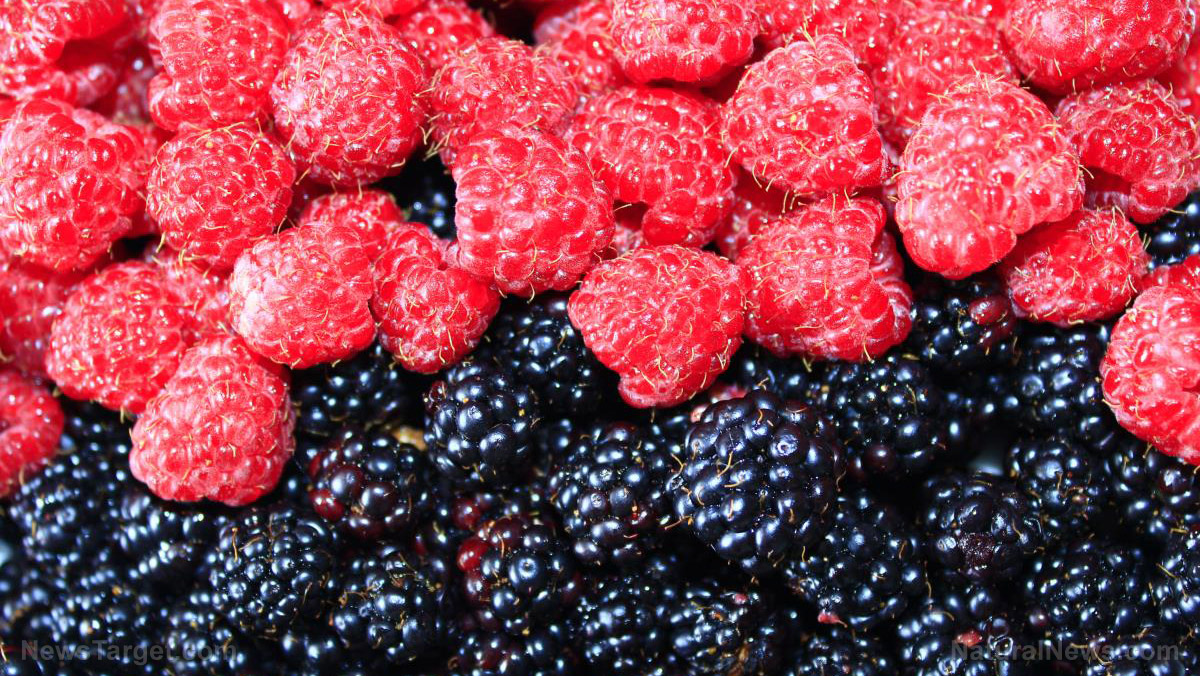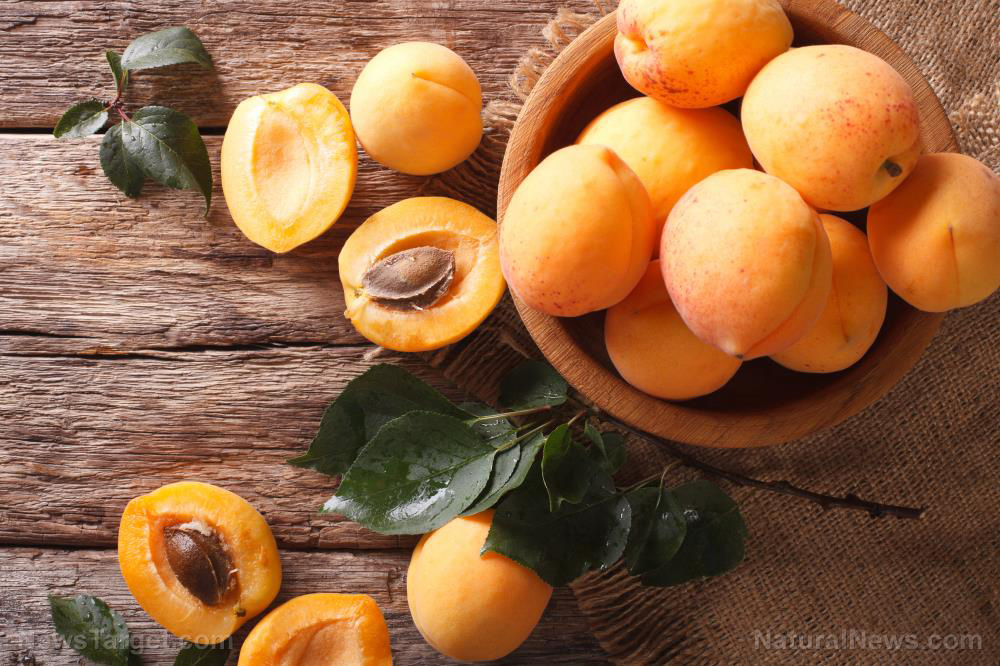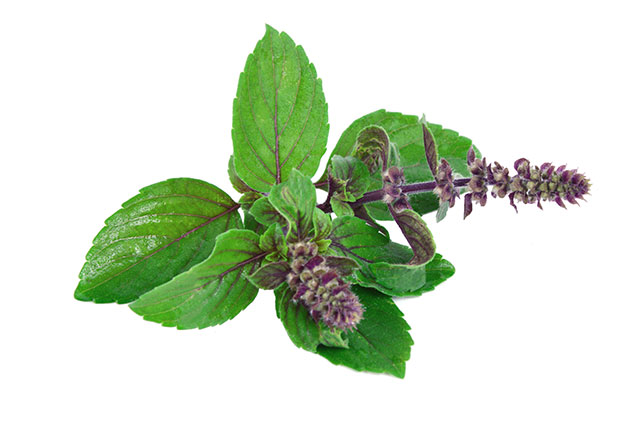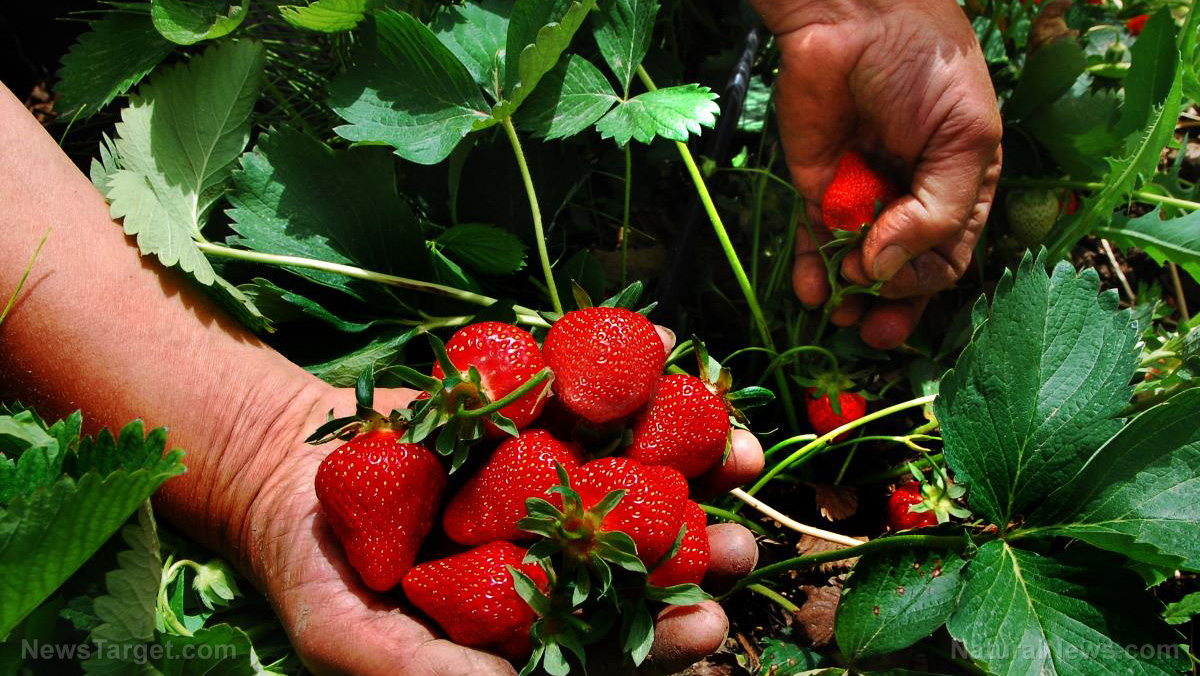Berries drive brain health, keep aging at bay
05/31/2025 / By News Editors

In an analysis of data on berry intake, mental decline has been slower for women over age 70 who regularly consumed strawberries or blueberries. These findings aren’t alone in vouching for berries’ longevity-promoting and cognition boosting properties, as previous studies reflect similar therapeutic actions
(Article republished from GreenMedInfo.com)
Blueberries, blackberries, strawberries, raspberries, cranberries and the world’s other berry varieties are widely celebrated for their brain benefits. This is in large part thanks to their anthocyanins, flavonoid compounds that give the fruits their distinct colors and are capable of crossing the blood-brain barrier to act on areas of the brain linked to memory and cognition.[i],[ii]
There, anthocyanins work to help protect against age-related oxidative stress, slash inflammation and even help improve neuronal signaling.
Not only that, berries are also concentrated sources of vitamins, minerals, antioxidants, polyphenols, and phytosterols that translate to a massive range of health benefits (more than 350 conditions studied), including reducing risk factors for cardiovascular disease such as obesity and oxidative stress.
In an analysis of data on 16,010 women over age 70 participating in the Nurses’ Health Study, researchers probed berries’ potential impact on aging brains.[iii] The subjects were tested for cognitive functions such as memory every two years. They also completed diet-related questionnaires every four years.
The conclusion: participants who consumed at least two half-cup servings of blueberries or strawberries every week had slower mental decline. This equated to a delay in cognitive aging by about 1.5 to 2.5 years. Previous studies have also explored the link between berries and healthy brain aging:
- Strawberries fight aging — Researchers studied the effects of eating strawberries on markers of aging, such as oxidative damage and age-related reduction in mitochondrial function.[iv]
They found that with intake of the fruit, there was a significant rise in the expression of the AMP-activated protein kinase (AMPK) cascade genes, which played a part in mitochondrial health and antioxidant protection. AMPK was shown to be involved in strawberry’s beneficial effects against the progression of aging.
- Blueberries improve brain function — A group of scientists investigated whether 12 weeks of supplementing with a blueberry concentrate improved brain perfusion — a measure of how much blood is taken up in certain areas of your brain, which can be an indicator of brain function — along with task-related activation and cognitive function in healthy elders.[v]
Participants were randomly chosen to consume 30 milliliters of blueberry concentrate offering 387 milligrams (mg) of anthocyanidins or a placebo. Before and after supplementing, they underwent a battery of cognitive function tests, including functional magnetic resonance imaging, or fMRI.
Significant improvements in brain perfusion and enhanced working memory occurred in the blueberry group compared to the placebo group, suggesting a positive impact on cognitive function among the elderly.
- Grape and blueberry extract help prevent memory decline — The effects of a polyphenol-rich extract from grape and blueberry were tested on the memory of healthy subjects ages 60 to 70.[vi]
The 215 subjects received either 600 mg per day of polyphenol-rich extract from grape and blueberry (PEBG) (with 258 mg of flavonoids) or a placebo for six months, and went through learning and memory testing. Results showed that PEBG improved age-related episodic memory decline in those with the highest cognitive impairments.
With the rising incidence of Alzheimer’s disease and other forms of dementia, these findings emphasize the critical role of berries for maintaining brain wellness. They demonstrate that you can influence your brain health in later life, perhaps even staving off cognitive decline and impairment, by making positive dietary choices, like eating more berries.
Berries boast some of the highest level of antioxidants, which play a key role in neutralizing reactive oxidative species. According to research from the USDA Agricultural Research Service, berries hold a whopping six spots out of the top 12 common foods with the most antioxidant potential.
A diet that includes a good portion of berries every day offers some of the highest level of antioxidants available, which then gives your brain a better chance at healthy functioning years and decades down the road.
Read more at: GreenMedInfo.com
Submit a correction >>
Tagged Under:
alternative medicine, antioxidants, berries, blueberries, food cures, food is medicine, food science, functional foods, health science, natural cures, natural health, natural medicine, research, strawberries, Xpost
This article may contain statements that reflect the opinion of the author
RECENT NEWS & ARTICLES
consumerwellness.info is a fact-based public education website published by consumerwellness.info
All content copyright © 2023 by consumerwellness.info
Contact Us with Tips or Corrections
All trademarks, registered trademarks and servicemarks mentioned on this site are the property of their respective owners.

